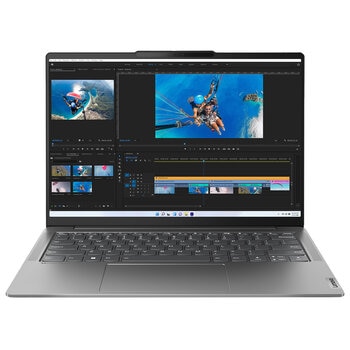Make the best of this tax year with expert tips and advice.
As the end of the tax year fast approaches, good record keeping for tax purposes has never been more important, especially because COVID-19 has resulted in many of us working more from home.
Tax-wise, as an employee or business owner, you can claim for expenses incurred by working from home in two ways: calculating the ‘actual cost’ or choosing a ‘fixed rate’ of 67 cents for each hour worked at home. Both require good record keeping for each of your expenses, says Maurice Vasin, an accountant and tax practitioner at Sydney-based Vasin Accountants.
But he notes that many bills include charges for both work and private use. So, if you’re going the ‘actual cost’ route, you’ll also have to prove how much of the bill was for work and how you worked that out. “For example, for the phone, you’ll have to analyse four weeks of the bill to see how many calls were for work,” he says. “For rent or energy, you’ll have to assess what percentage of your home is used to earn your income and your claim will be that percentage of the bill.”
According to Vasin, the ‘fixed rate’ method is easier, but you must keep records to prove you’ve worked the actual hours. He says the Australian Taxation Office (ATO) no longer accepts estimates or a four-week representative diary for hours worked from home after 28 February 2023. Instead, you must now record every hour you’ve worked at home all year in some way – for example, in your diary, a timesheet or a roster.
What’s hot this tax year
If your business requires new equipment, machinery, computers or mobiles, Vasin says now is the time to buy them. He notes that the instant asset write-off for small businesses or sole traders will be slashed from $150,000 in this tax year to $1,000 from 1 July 2023. But to enjoy the deduction, the asset must be installed and ready for use by 30 June 2023. The same applies to motor vehicles, but Vasin says you can only claim a deduction for $64,761 or less.
“If you are self-employed, don’t forget to make a before-tax concessional contribution to your super to claim another deduction,” he adds. This payment cannot be higher than $27,500 for the financial year and according to Vasin, it should not be made right at the end of the financial year because it can take a few days to appear in your super account and may count as a contribution for the following financial year. Certain rules may apply.
Getting better at record keeping
You may keep your records in a shoe box or an elaborate filing system, but there’s plenty you can do to improve your record keeping. As a first step, you will need to know what records you need to keep.
“The biggest mistake I see is people not keeping records to take advantage of expenses for their vehicle and its depreciation,” says Vasin.
Records for expenses must directly relate to spending related to earning your income. You should also keep proof of the income you receive from things like salary, ages, allowances, capital gains, dividends, government payments or pensions.
You don’t have to obtain receipts for expenses that are $10 or less, as long as your total claim for small expenses is $300 or less. If you can’t get a receipt, you can use another form of evidence, such as a bank or credit card statement, to prove you spent the money.
When it comes to record keeping, the ATO says you should be able to show it your records if it asks for them, keep your records for five years and ensure your records are in English or easily converted to English.
“The biggest mistake I see is people not keeping records ... of expenses for their vehicle and its depreciation.”
3 tax time apps
For safekeeping, Vasin advises using one of the apps available that lets you scan and store receipts on your phone or computer.
1. TINY SCANNER
An app that turns an android device into a portable document scanner and scans everything as images or PDFs.
2. THE ATO APP
A simple and easy way to access and manage your tax and super on the go. It’s free to download and use.
3. SQUIRREL STREET
Can scan and store receipts, but it can also organise invoices and documents securely in the cloud.



